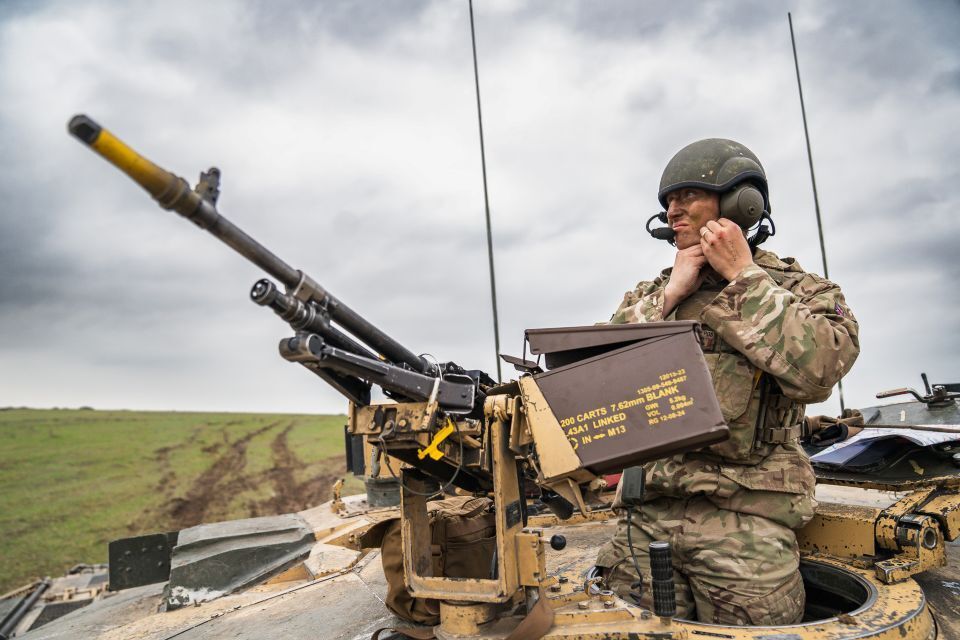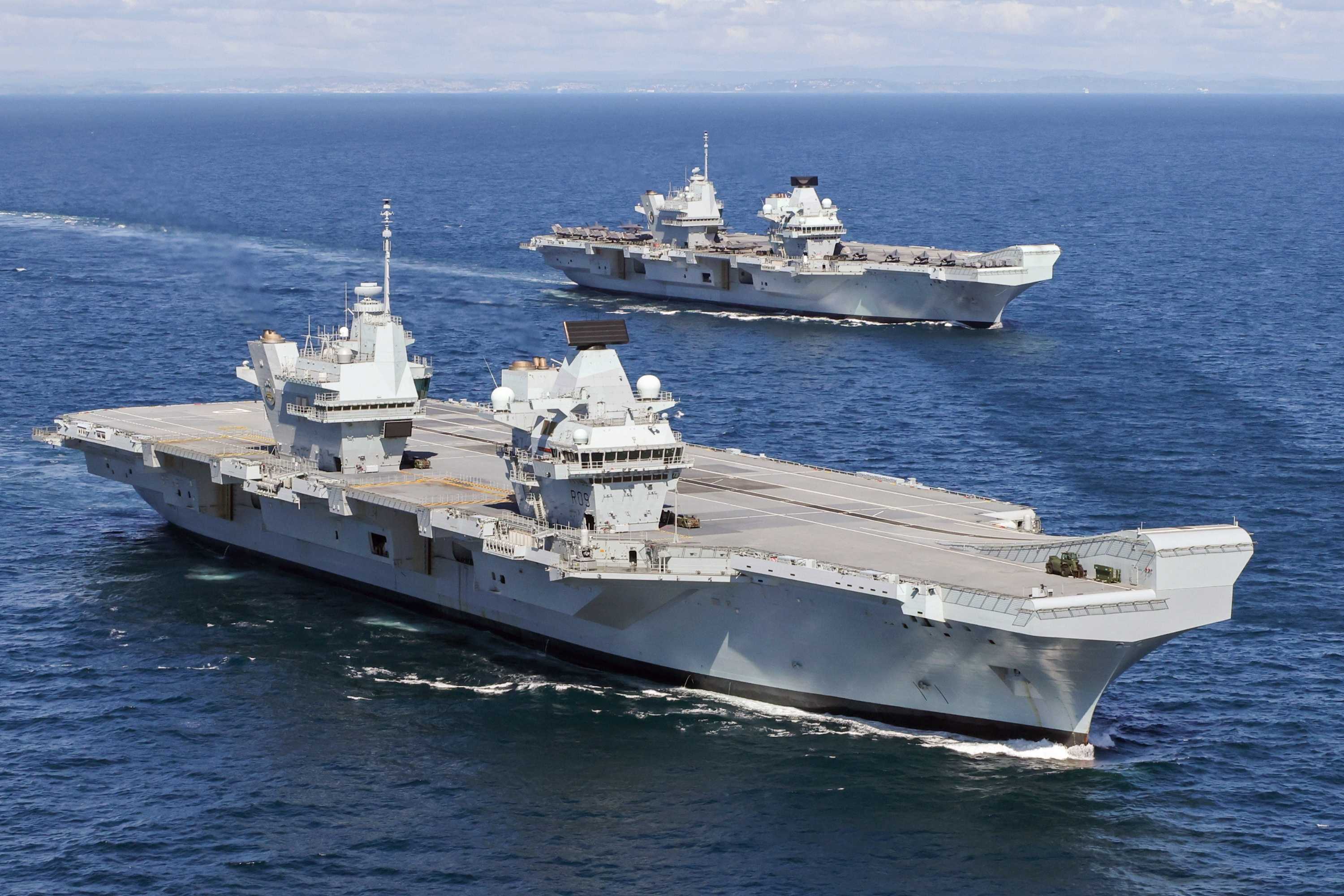Uncrewed boat sails in UK waters in first for Royal Navy

Above: An uncrewed Pacific 24 rigid inflatable boat was remotely controlled from Royal Navy experimentation ship XV Patrick Blackett while the pair sailed off the coast of Portsmouth.
Courtesy Royal navy / Picture: LPhot Oliver Leach
A Pacific 24 rigid-inflatable craft – the mainstay of small boat operations by the Royal Navy such as rescues, intercepting drug runners and moving sailors from ship to shore – was both remotely and autonomously piloted from experimentation ship XV Patrick Blackett while the pair sailed off the coast of Portsmouth.
The week-long trials pushed the uncrewed vessel to its limits with rough seas and even snow testing its systems and software in a range of operational scenarios.
The autonomous tests saw it pre-programmed to follow certain manoeuvres and directions while the remotely-piloted tests saw it controlled by a Royal Marine using a console on board the ship.
While the APAC – Autonomous PACific – has been tested at sea abroad, this was the first time it has been done in home waters and through the busy waterways of Portsmouth Harbour, successfully navigating around ferries, other Royal Navy vessels and private boats.

The trials were run by the Royal Navy’s autonomous experts NavyX who have previously trialled the APAC in Portugal with NATO partners at Exercise Repmus.
However, conditions in the Solent raised the stakes and showed how the uncrewed rib can operate like its crewed counterpart in rough waters and all conditions.
With cameras and sensors on board, the robot rib fed back a live camera feed to control units and computers on XV Patrick Blackett with could then be analysed.
Other sensors and weapons could be added to further enhance its use as a vessel for intelligence, surveillance and reconnaissance operations with data fed back in real-time.
Commander Michael Hutchinson, commanding officer of XV Patrick Blackett and part of the NavyX team, said: “Integrating crewed and uncrewed systems and operating them at the same time is a huge step forward for the Royal Navy.
“This is the first time a fully autonomous and crewless boat has been operated in UK waters and we have achieved this throughout the week in different conditions and completing a range of tests.
“It forms the backbone for further integration that future ships will have with autonomous technology. The trials and experiments we do will develop the Standard Operating Procedures for the APAC and how to use uncrewed systems effectively for warfighting.”
An autonomous rib could be deployed to do recces, as a force protector against threats and even to launch weapons – minimising the risk to sailors who might otherwise be tasked with those missions.
Commander Hutchinson added: “What’s great about these trials and this piece of kit is it’s something we already have and something the Royal Navy already deploys.
“But adapting it to be used autonomously means we can do more with it and use it for a wider range of operations.”
Currently, the APAC can be controlled at short range from the XV Patrick Blackett but sensors on a drone flown from the ship could extend that range.
Also, with more trials planned next year, the NavyX team hope to build on their successes.
“Running the APAC in and out of Portsmouth Harbour is something we want to do more often and make it the norm,” Commander Hutchinson said.
“We want other ships and boats to be used to that and we can keep pushing the message that we can do it and we can do it safely.
“This is what XV Patrick Blackett is for. It’s a trials and evaluation ships that can develop operating manuals for technology and see what works, what doesn’t and how we get it ready for further use by the Fleet.”











